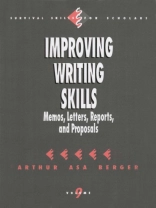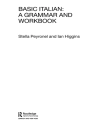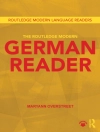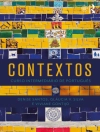Educators, academics, or business persons will find this book convenient and irreplaceable–a must to have on hand, whether writing for the first time or after years of experience. Arthur Asa Berger′s guidelines and suggestions are suitable for all types of written work. . . . The entire book is a good example of practicing what you preach in that he writes with style, economy, and purpose. Read and apply Berger′s writing skill techniques to enhance the effectiveness of your next writing project. –Canadian Home Economics Journal When academics speak of their writing, they are almost always referring to their books and articles. Yet, in their scholarly career, more time and effort will be spent on business correspondence–memos, letters, reports, proposals–than the items that appear on a vita. And, in most cases, no training is ever provided about how to effectively produce and present these kinds of documents. Arthur Asa Berger′s brief, practical guide does just that, taking the reader through the most common kinds of business correspondence that a university professor is required to produce and offering useful advice to make these communications as effective as possible. He covers important genres such as letters of recommendation, tenure, letters, and grant proposals. In the second half of the book, Berger offers general suggestions on effective writing–brainstorming and collaborating, persuasion, outlining and revising, designing documents, avoiding writer′s block, and using computers, among other topics. Just as the quality of your published pieces affects your career, so can the quality of your correspondence help or hinder academic success. Improving Writing Skills demystifies and guides you through this process.
Tabella dei contenuti
PART ONE: MEMOS, LETTERS, REPORTS, AND PROPOSALS
How to Write Better Memos
How to Write Effective Letters
Writing Reports
Proposals That Work
PART TWO: WRITING EFFECTIVE BUSINESS DOCUMENTS
Readable Writing
Developing Creative Ideas
The Process of Writing
Layout and Design
Conclusion
Circa l’autore
Arthur Asa Berger is Professor Emeritus of Broadcast and Electronic Communication Arts at San Francisco State University, where he taught between 1965 and 2003. He has published more than 100 articles, numerous book reviews, and more than 60 books. Among his latest books are the third edition of Media and Communication Research Methods: An Introduction to Qualitative and Quantitative Approaches (2013), The Academic Writer’s Toolkit: A User’s Manual (2008), What Objects Mean: An Introduction to Material Culture (2009), Bali Tourism (2013), Tourism in Japan: An Ethno-Semiotic Analysis (2010), The Culture Theorist’s Book of Quotations (2010), and The Objects of Our Affection: Semiotics and Consumer Culture (2010). He has also written a number of academic mysteries such as Durkheim is Dead: Sherlock Holmes is Introduced to Sociological Theory (2003) and Mistake in Identity: A Cultural Studies Murder Mystery (2005). His books have been translated into eight languages and thirteen of his books have been translated into Chinese.












